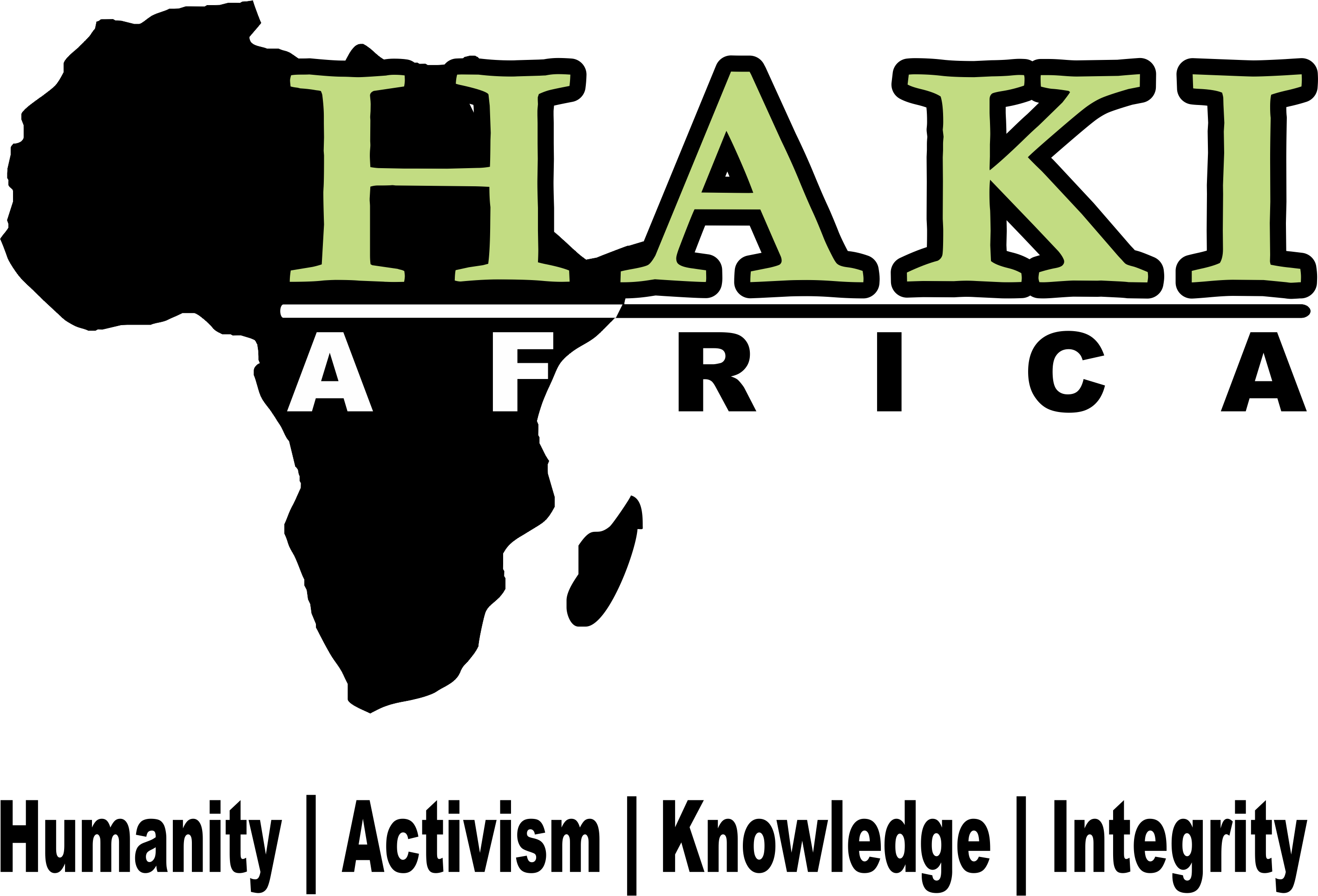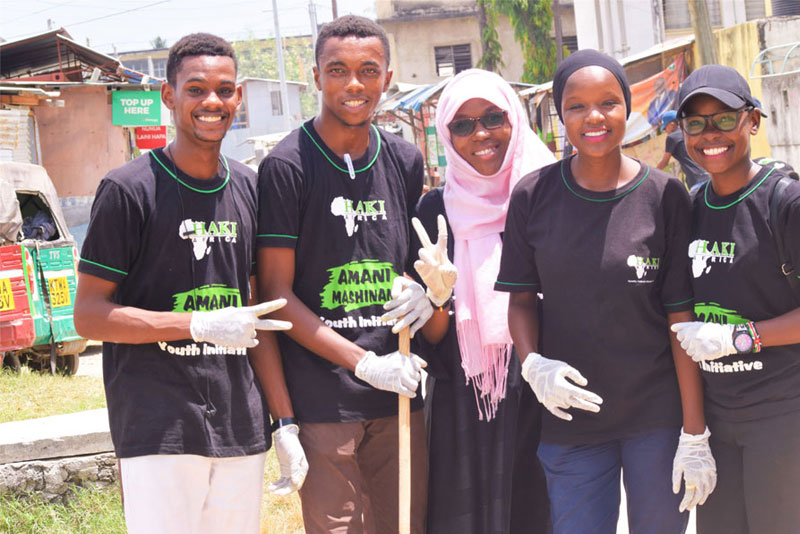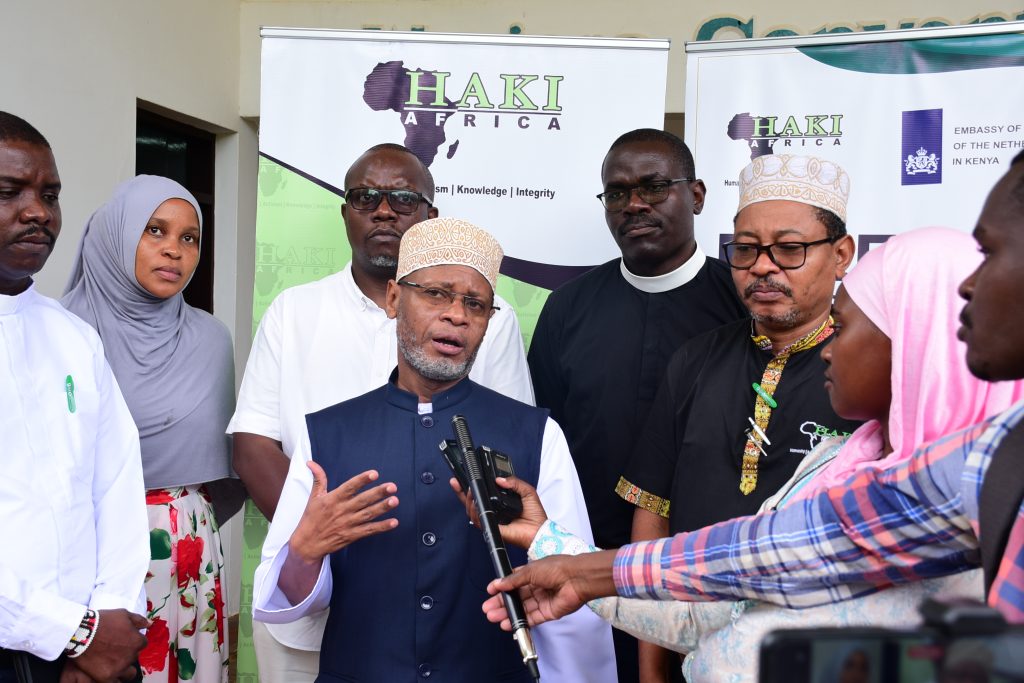
HAKI Africa recently held its Annual National Conference on Freedom of Religion or Belief in Kwale County, a two-day event supported by the Embassy of the Netherlands in Kenya. This significant gathering brought together a diverse group of religious, youth, and community leaders from Nairobi, Kilifi, Wajir, Siaya, Mombasa, and Kwale counties.
Purpose and Focus:
The conference aimed to address the delicate balance between the freedom of religion and the responsibilities inherent in a pluralistic society. This event provided an essential platform for fostering dialogue, understanding, and collaboration among diverse communities. By promoting coexistence and mutual respect, the conference underscored the importance of protecting religious freedom while upholding community values.
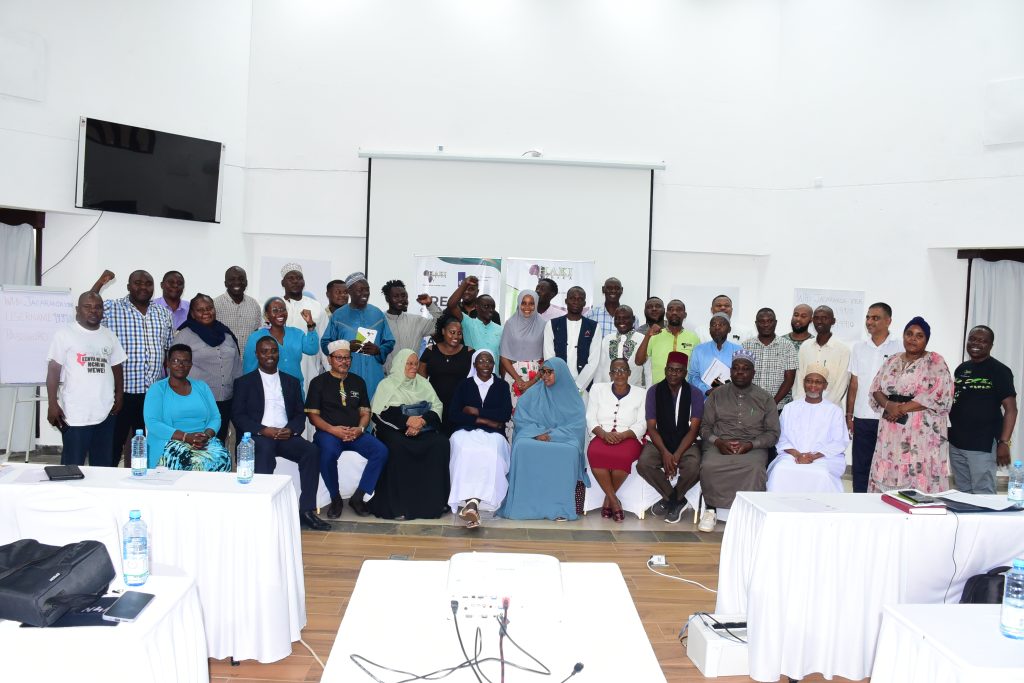
Key Highlights
Inclusive Participation: The conference saw active participation from a wide range of stakeholders, including religious leaders from different faiths, youth representatives, and community leaders. This diversity enriched the discussions and ensured that multiple perspectives were considered.
Dialogues and Workshops: A series of dialogues and workshops were conducted to address various aspects of religious freedom and responsibility. These sessions allowed participants to share insights, experiences, and strategies for promoting religious tolerance and understanding.
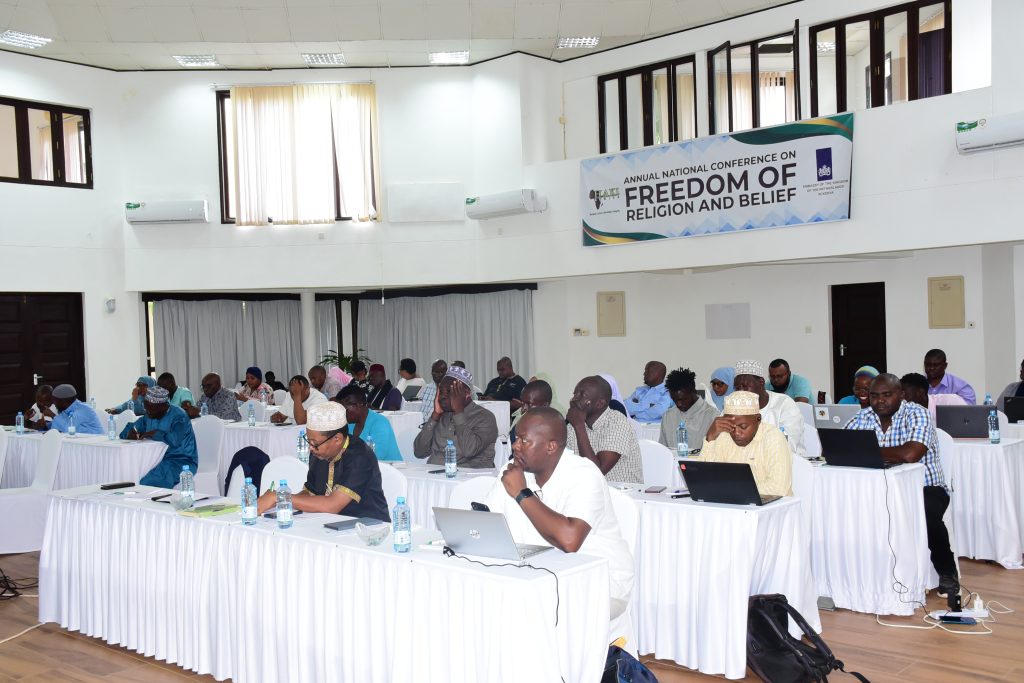
Presentations by County Religious Committees: County Religious Committees from different regions presented their reports, highlighting both successes and challenges experienced within their respective programs. These presentations provided valuable lessons and best practices that can be adapted and implemented across other regions.
Strategies for Promoting Coexistence: The conference focused on developing and sharing strategies to promote coexistence and mutual respect among diverse religious and cultural communities. Participants discussed practical approaches to conflict resolution, advocacy for religious freedom, and ways to enhance interfaith cooperation.
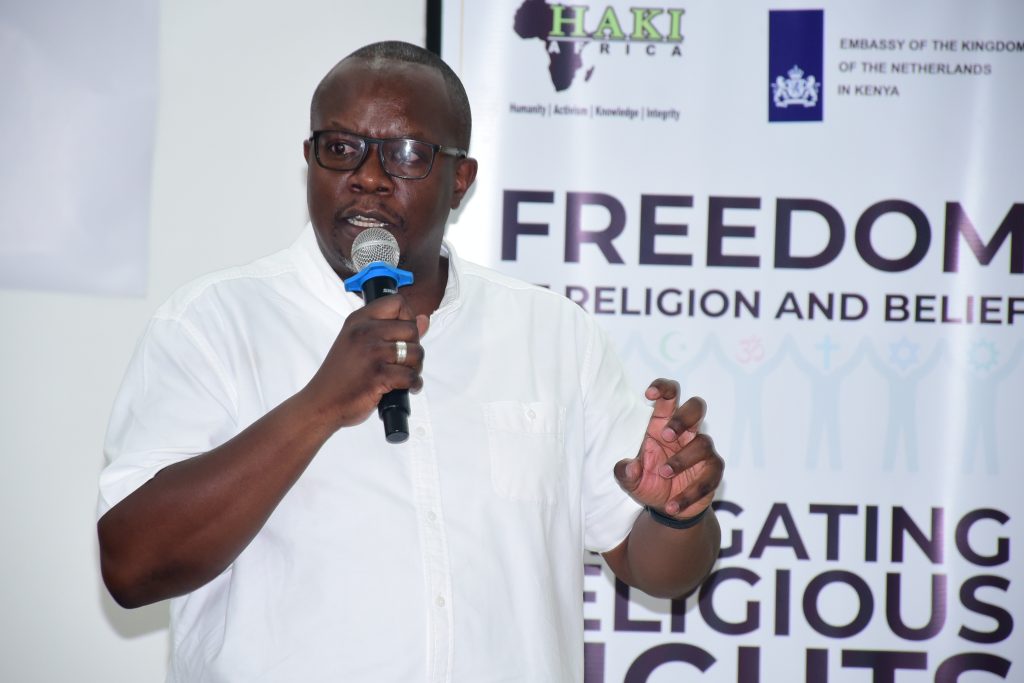
Featured Reports:
County Religious Committees presented reports detailing their Freedom of Religion and Belief Project activities.
Here are some key points from their report;
Community Engagement Workshops: Workshops were organized to educate communities on religious tolerance and legal rights. These workshops facilitated dialogues among different religious groups and provided training for religious leaders on advocacy for religious freedom and conflict resolution.
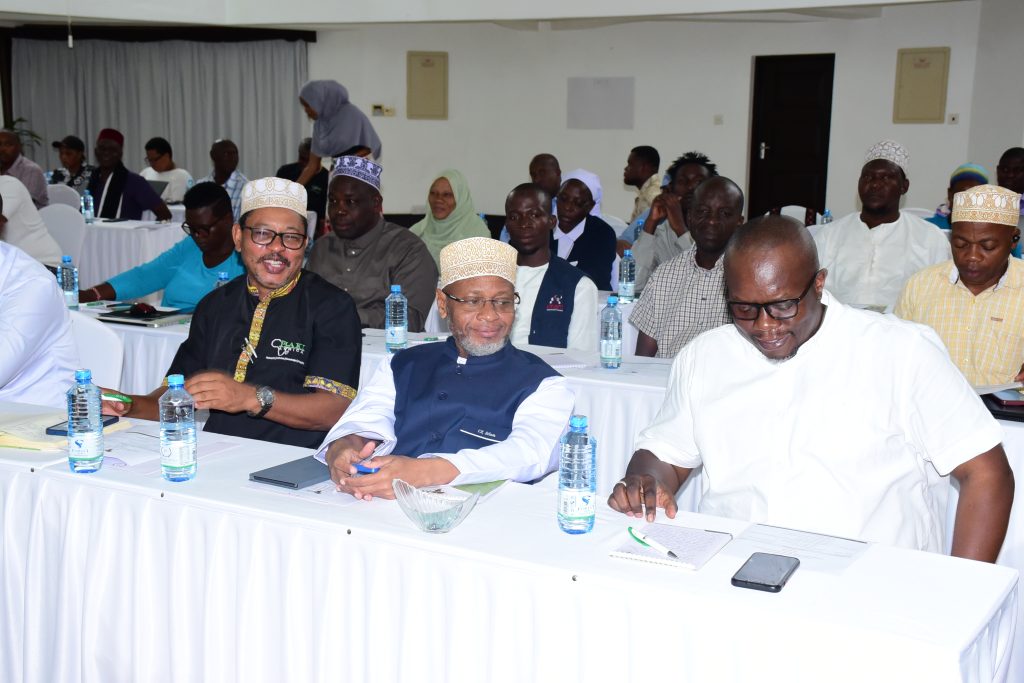
Public Awareness Campaigns: Public awareness campaigns were conducted to educate the public on their constitutional rights, promote tolerance, and address issues related to extra-judicial killings and enforced disappearances. These campaigns included public forums, radio programs, and social media outreach.
Addressing Sexual and Gender-Based Violence (SGBV): Efforts were made to raise awareness about SGBV, provide support to survivors, promote gender equality, and enhance the legal framework surrounding SGBV issues. Community sensitization campaigns, training for community leaders, and capacity building for service providers were key activities.
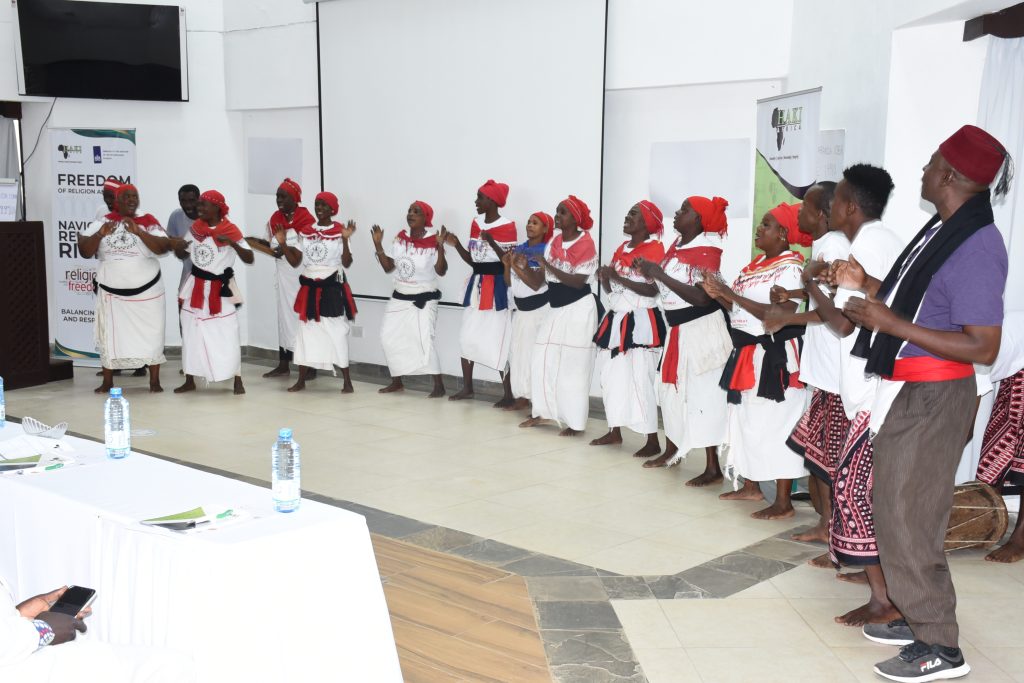
Legal Aid Clinics: Legal aid clinics were established to provide essential legal services and support to communities facing barriers in accessing justice. Services included legal advice, assistance with legal documentation, mediation, legal representation, rights awareness and education, and advocacy.
Challenges and Recommendations
The conference also addressed various challenges faced by various regions in promoting and protecting freedom of religion and belief. These challenges included cultural and religious sensitivities, security concerns, community resistance, lack of awareness, resource limitations, and gender issues.
To overcome these challenges, participants emphasized the need for a nuanced and respectful approach that considers the local context and involves a broad range of stakeholders. Building trust and demonstrating the tangible benefits of religious freedom and tolerance were highlighted as crucial steps toward making significant progress in promoting these values.
Conclusion
The Annual National Conference on Freedom of Religion or Belief in Kwale County was a resounding success, providing a critical platform for dialogue, understanding, and collaboration among diverse communities. HAKI Africa remains committed to promoting religious freedom and fostering an environment of coexistence and mutual respect in Kenya.

